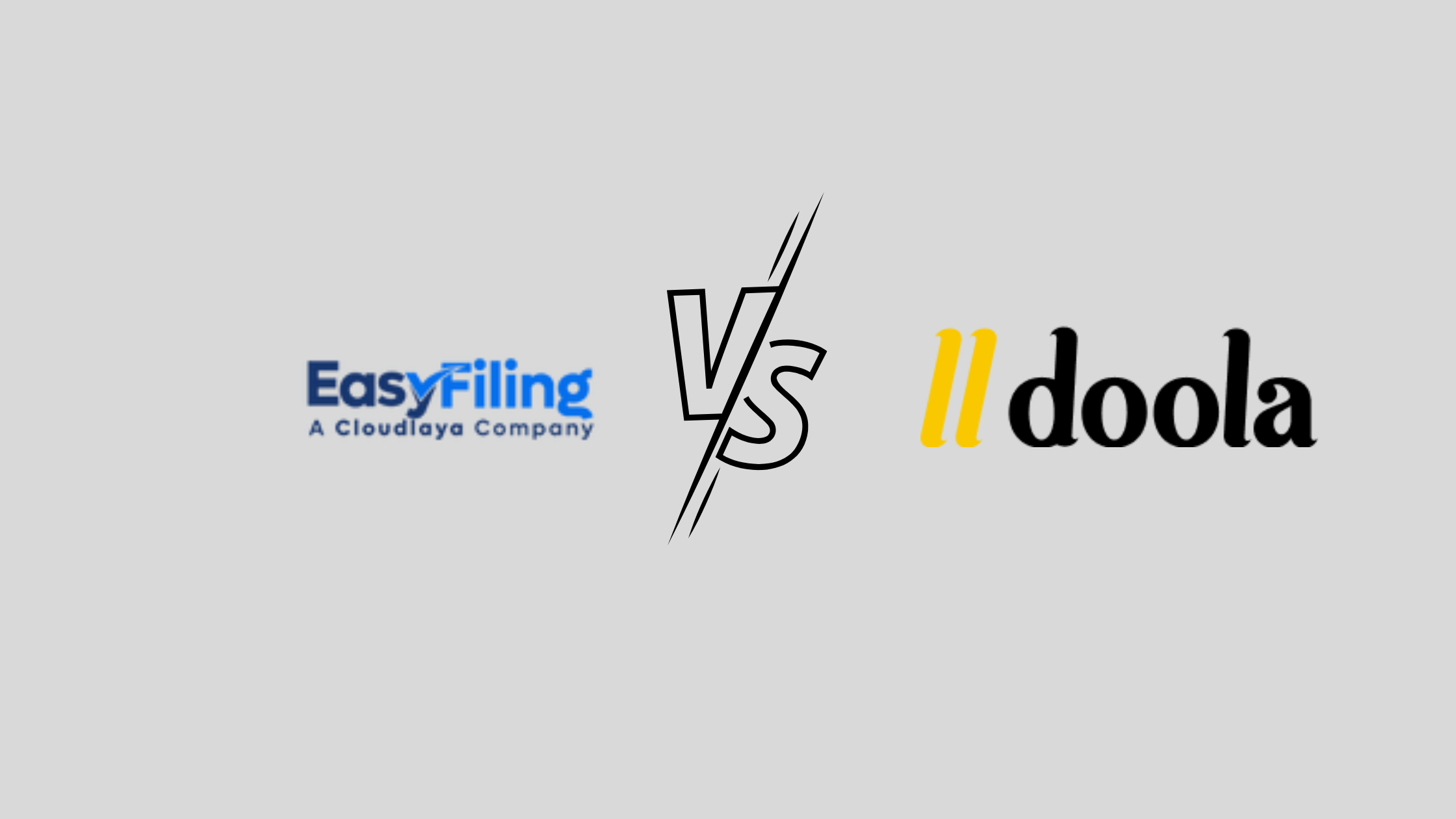Are you considering starting a company in the US? This is often confusing given the numerous options that exist. Generally, forming a C corporation is one of the most idealistic and practical ways to go about it. Sometimes called a “C-corp,” companies of all sizes utilize this type of corporation from small start-ups to large multinational corporations for its strong framework and growth prospects.
Your decision concerning business structure can influence liability, taxation, and capacity to raise capital. This article aims to explain what C-corp means, its main characteristics, and its benefits so people will realize if they have picked it correctly or not for their enterprises. Understanding what a C-corp comprises can assist you in setting up your firm for long-term accomplishment. Consequently, below will expound on what defines a C-corp:
What exactly does C-corp mean?
A c corporation (c-corp) refers to a certain sort of business entity wherein the organization itself is seen as being different from its owners legally speaking. At any event, even where a venture has things in his name, dues owed by him, committal documents executed by him as well as responsibility may be fastened on him other than the officials themselves. One major advantage of having an enterprise under formation as a c corp is that it doesn’t expose owners’ private wealth to lenders or potential liabilities that are specific only for such situations.
Within C-Corps there exists an organized management system where board members make important decisions while officers take care of daily operations. However, these firms also readily seek financial assistance by selling various types of shares to investors. On the other hand, double taxation happens: firstly; profit taxes are paid by the company; then shareholders pay tax on dividends got. Secondly; rules are tight like frequent meetings held for accountability purposes e.g., proper records maintained within C-Corps.
Benefits of C-Corp
A C-corp is a popular structure for businesses in the United States that has various unique advantages, making it an attractive choice for many companies. A C corporation has multiple benefits that can make it a suitable choice for companies seeking growth and long-term stability. These include limited liability protection, the ability to attract investments, perpetual existence, and various tax advantages. By understanding these pros, business owners can make informed decisions as to whether or not C-corps are right for their goals.
Below are some of the key benefits of forming a C-corp:
- Limited Liability Protection:
While limited liability is a concept shared with other business forms like S Corporations, it remains an edge as it separates the personal assets of shareholders from company liabilities.
- Unlimited Number of Shareholders:
C Corporations can have no limit to their number of shareholders, unlike S Corporations which are limited to 100. Hence, C Corporations are better suited for large enterprises that want to raise funds from numerous investors.
- Multiple Classes of Stock:
The ability of C Corporations to issue different classes of stock with differing rights and preferences among stockholders is not provided by all types of legal structures.
- Attracting Investment:
This makes them particularly appealing to investors such as venture capitalists and institutional investors who are interested in clear governance and investment opportunities due to their ability to issue various types of shares and structured governance.
- Deductible Employee Benefits:
Some employee benefits for example medical coverage and retirement plans can be deducted as C Corporation expenses. Therefore this tax advantage may be significantly beneficial both for the corporation itself and its employees.
- Perpetual Existence:
In this regard, a C Corporation exists independently from its owners thus ownership can easily be transferred through sale or other means. It therefore becomes easier to transfer ownership without affecting management or even stability in case it happens that there is more than one owner over time.
IRS requirement for Forming C-Corp
Forming and maintaining a C Corporation (C Corp) requires adhering to various IRS (Internal Revenue Service) guidelines, which ensure that the corporation operates within federal taxation statutes and meets its tax obligations. To navigate through the requirements of the IRS for a C Corporation, one has to be very keen and comply with federal tax laws. Business owners should seek advice from a competent tax advisor or accountant to meet all IRS requirements and maintain proper tax compliance throughout the lifespan of the company.
The following are some of the significant requirements of IRS for C Corp:
Employer Identification Number (EIN): Get an EIN from the IRS, which acts as a tax ID for the corporation.
Corporate Tax Returns: Use Form 1120 to file annual income taxes indicating the income made, deductions, and calculating tax obligation
Estimated Taxes: Fill form 1120-W if the anticipated annual tax exceeds $500 then pay quarterly estimated taxes.
Separate Entity Status: Maintain separate financial records and bank accounts distinct from shareholders or other entities.
Accounting Method: Report revenue and expense using either cash or accrual accounting methods.
Compliance with Tax Laws: Make accurate declarations of all revenues, deductions, and credit claims and keep supporting documents
Payroll and Employment Taxes: Withhold and pay federal income tax, Social Security, Medicare taxes for employees, and FUTA tax as applicable.
Annual Reporting: As required by specific transactions or circumstances, additional informational returns/disclosures should be filed
Corporate Formalities: In line with the legal provisions, hold annual meetings, produce minutes, and update corporate records.
How to Set Up a C Corp?
Becoming a C Corporation requires careful thought, meeting legal regulations, and establishing proper governance and financial structures. The typical startup process of creating a c corporation is discussed below.
Step 1: Pick and Confirm the Business Name
Choose an original business name that abides by state guidelines. Check the availability of the name through your state’s business entity database.
Step 2: File Articles of Incorporation and Draft Bylaws
Prepare and submit the Articles of Incorporation to the Secretary of State; they must include important information such as Company Name, Purpose, Registered Agent, and Authorized Shares. Write corporate bylaws that outline governance and operational procedures.
Step 3: Appoint Directors, Officers, and Hold Organizational Meetings
Select initial directors who will oversee corporate activities then delegate officers i.e. President, Secretary or Treasurer among others. At this meeting the bylaws are adopted, stocks are issued and initial transactions are approved.
Step 4: Obtain EIN and Open Bank Account
Get an EIN from the IRS for purposes like federal taxes, hiring employees, or opening a corporate bank account under its name.
Step 5: Register for State Taxes, Permits, and Licenses
Business licenses/permits; state tax ID numbers vary with industry/location thus ensuring compliance with other regulations if any from regulatory bodies in your state/locality). Other regulatory requirements may also apply.
Step 6: Income Tax Return for a C Corporation
A C Corporation’s tax returns have to be properly prepared and submitted on time by the IRS rules. An accounting advisor or a tax expert can ensure compliance and enhance tax planning for the entity.
Conclusion
It is a very good idea to form a C Corporation (C Corp) in the United States because it offers strong legal protections and strategic advantages for businesses. It ensures limited liability of shareholders which keeps personal assets separate from corporate debts; a basic protection for entrepreneurs. This structure allows unlimited shareholders and different classes of stock, making it appealing for businesses wishing to raise funds or grow. Despite potential challenges such as double taxation and strict compliance requirements, the advantages usually compensate for these worries thereby giving steadiness and durability.
EasyFiling specializes in helping companies create C Corporations and navigate IRS rules. We have an experienced team that will walk you through all the steps of incorporation ensuring that you comply with all legal formalities necessary for your business to succeed in the future. EasyFiling supports either new startups or reorganizations of existing firms providing necessary knowledge that enables an efficient set up of a C corp.
Frequently Asked Questions (FAQs)
What is limited liability protection in a C Corporation?
Limited responsibility implies that investors are usually not responsible for the debts or liabilities of an organization. It only protects one’s assets to the extent of his or her investment in the business.
How does double taxation work for C Corporations?
Double taxation occurs when a C Corporation is taxed twice on its earnings. First, it pays corporate income tax; then if it distributes dividends to shareholders, they still have to report those dividends as income and pay individual taxes on them too.
Can a C Corporation issue different classes of stock?
Yes, multiple categories with various voting rights, and dividend preferences among other features may be created by these companies to attract different investors and facilitate ownership structure.
What are the compliance requirements for annual meetings in a C Corporation?
Company affairs should be discussed at least once annually during shareholders and directors meetings where also new directors can be elected among other governance issues. Minutes from such gatherings must be recorded and kept as part of fulfilling statutory obligations while still serving legal purposes.
File Your LLC Today
25$ off with a coupon
Lock in EasyFiling's transparent rates and get lifetime compliance support at no extra cost.
Get Started Now







